Local and mayoral elections May 2024: Where are they, the key dates and what to look out for
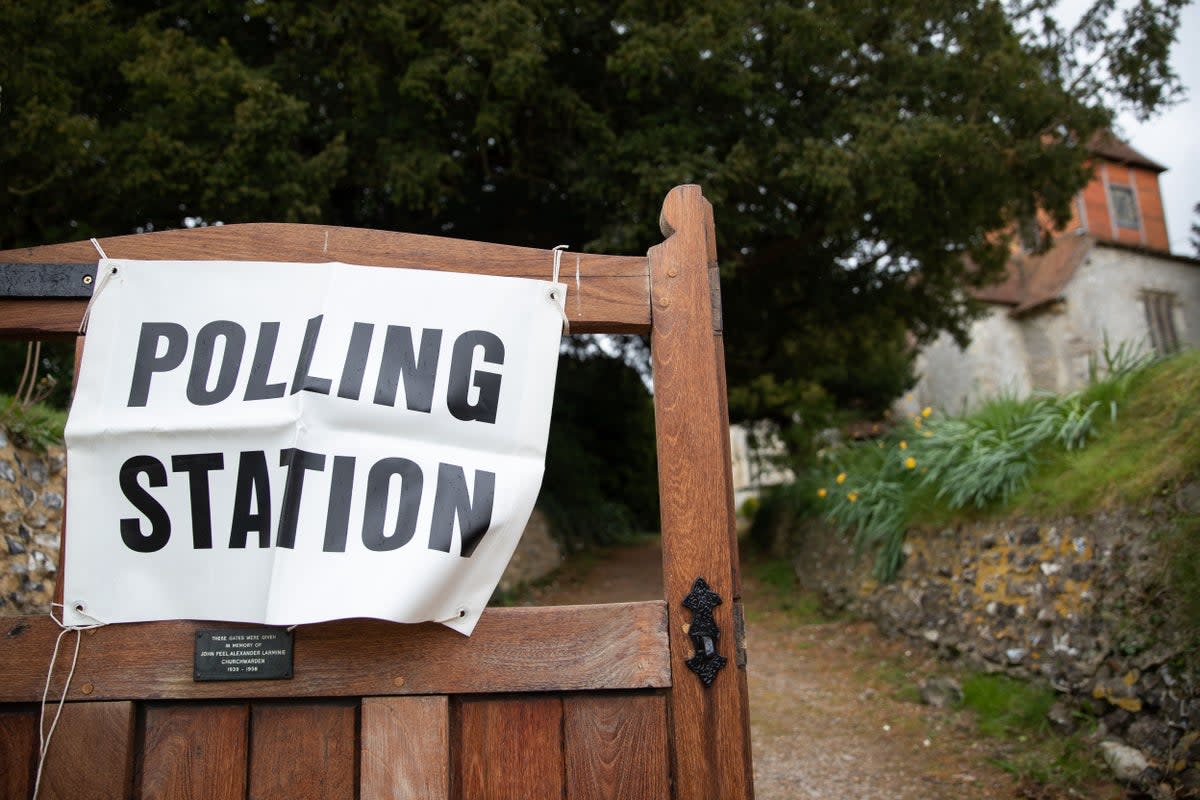
It may not be the general election many are calling for, but today, a series of council elections will take place across more than 100 local authorities in England.
They will be the last local elections before the Rishi Sunak calls the national vote - with the results potentially confirming which way the country will go later this year.
At the local elections last year, Labour became the party with the most members elected to local government for the first time since 2002.
And although some experts claim people vote differently when elected their local councillor, the results will surely be picked over up till the general election.
They will also determine the control of local councils up and down the country. Many people will wake up on 3 May with a new councillor to turn to on issues such as potholes, libraries and parks.
Here we take a look at what to expect come 2 May:
What are the local elections taking place?
Local elections will be taking place in 107 local authorities across England.
They involve a mix of different types of councils - 58 district, 31 metropolitan boroughs and 18 unitary - which make decisions on services in the local area.
There will also be elections for nine combined authority mayors and one local authority mayor for Salford.
Voters in London will choose a Mayor of London and members for the London Assembly.
The 37 police and crime commissioner roles across England and Wales are also up for election.
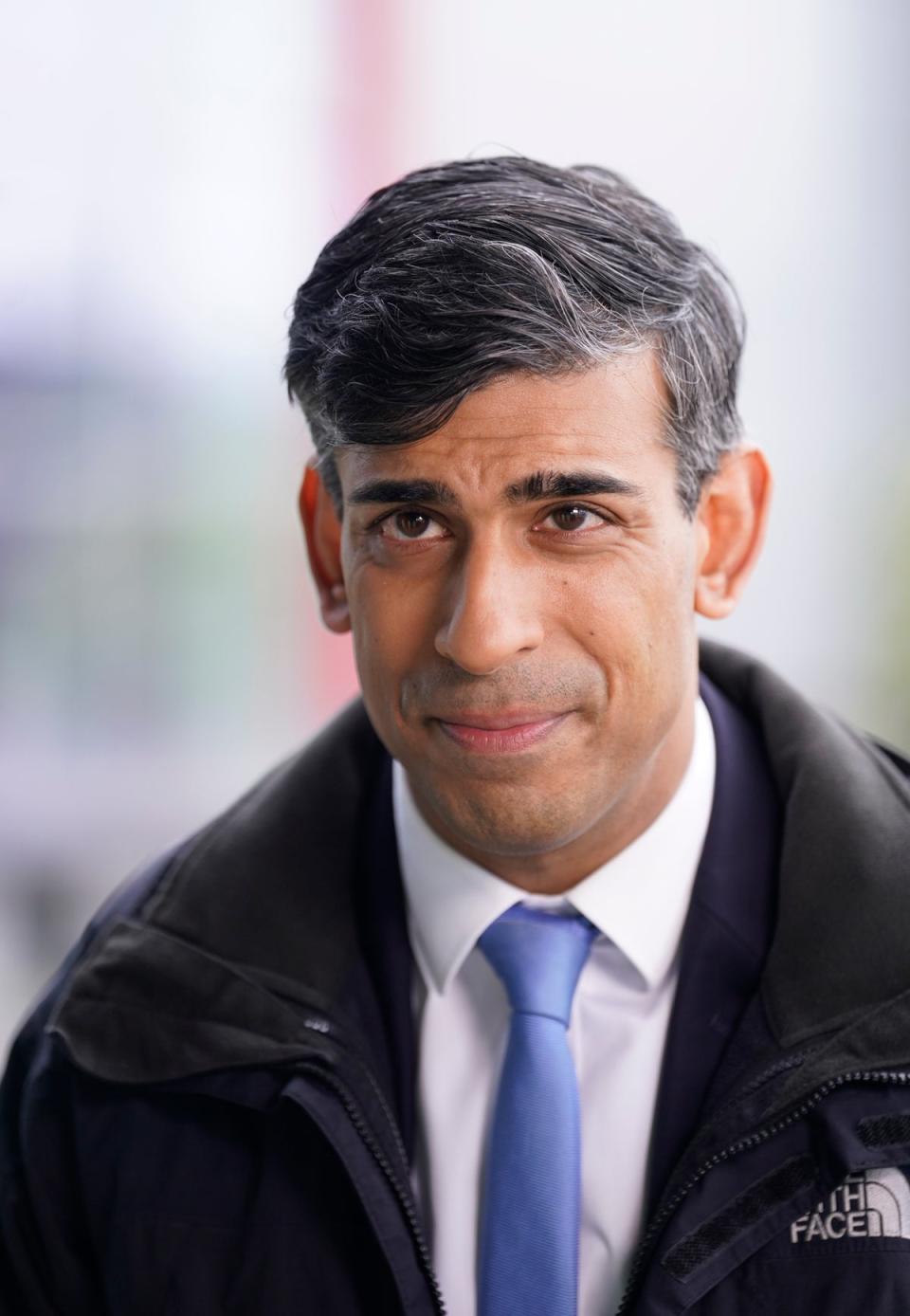
The district councils
District councils operate independently below a county council in a two-tier council structure. They have powers over services including planning, bin collections and green spaces.
Around 40 per cent of the population in England lives in a district council area.
Of the district councils, all councillors are up for election in Basildon, Brentwood, Cannock Chase, Cheltenham, Epping Forest, Fareham, Gloucester, Harlow, Havant, Maidstone, North Hertfordshire, Nuneaton and Bedworth, Redditch, Rossendale, Stevenage, Stroud, Tandridge, Tunbridge Wells and Worcester.
Half the councillors are up for election in Adur, Gosport, Hastings and Oxford.
And a third of councillors are up for election in Basingstoke and Deane, Broxbourne, Burnley, Cambridge, Castle Point, Cherwell, Chorley, Colchester, Crawley, Eastley, Elmbridge, Exeter, Hart, Hyndburn, Ipswich, Lincoln, Mole Valley, Norwich, Pendle Preston, Reigate and Banstead, Rochford, Rugby, Runnymede, Rushmoor, St Albans, Tamworth, Three Rivers, Watford, Welwyn Hatfield, West Lancashire, West Oxfordshire, Winchester, Woking and Worthing.
The metropolitan boroughs
Metropolitan boroughs are single-tier structures located across six urban areas in England; Greater Manchester, Merseyside, South Yorkshire, Tyne and Wear, West Midlands and West Yorkshire.
They provide everything a district council covers, plus services such as education, transport, social care, libraries and trading standards.
Of the metropolitan boroughs, all councillors are up for election in Dudley, North Tyneside and Rotherham.
One-third of the councillors are up for election in Barnsley, Bolton, Bradford, Bury, Calderdale, Coventry, Gateshead, Kirklees, Knowsley, Leeds, Manchester, Newcastle upon Tyne, Oldham, Rochdale, Salford, Sandwell, Sefton, Sheffield, Solihull, South Tyneside, Stockport, Sunderland, Tameside, Trafford, Wakefield, Walsall, Wigan and Wolverhampton
The unitary authorities
Unitary authorities, like metropolitan boroughs, are one-tier structures that provide all local government services in their areas. There are 62 in total, and they tend to be in cities and larger towns.
Of the unitary authorities, all councillors are up for election in Bristol. Dorset, Warrington and Wokingham.
One third of councillors are up for election in Blackburn with Darwen, Halton, Hartlepool, Hull, Milton Keynes, North East Lincolnshire, Peterborough, Plymouth, Portsmouth, Reading, Southampton, Southend-on-Sea, Swindon and Thurrock.
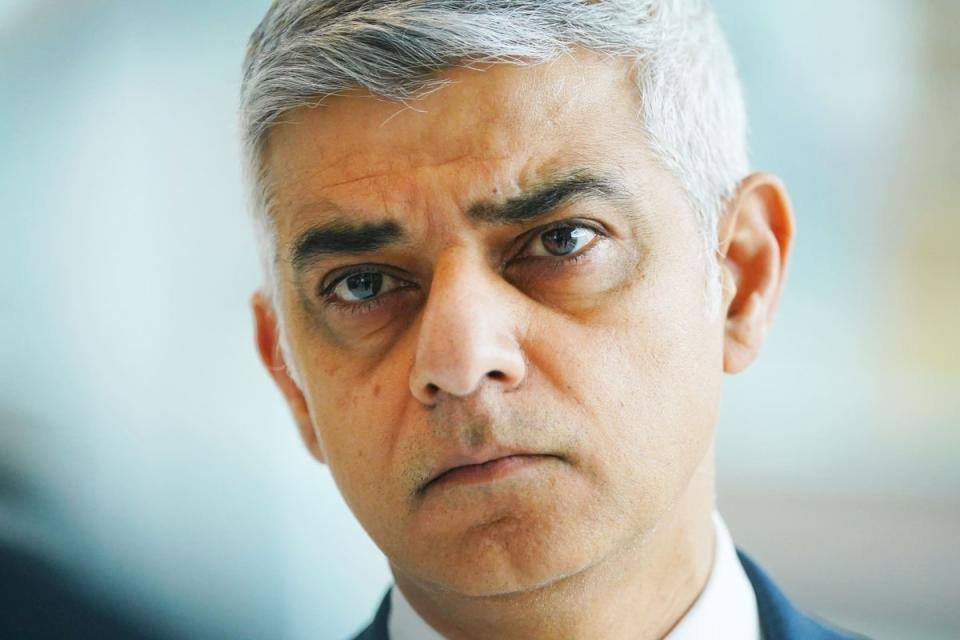
Mayoral and council leaders
Every four years an election takes place for the role of Mayor of London. It is a position, set up in 2000, that oversees a £20.7bn annual budget supporting public transport, fire services and policing.
Plans and policies cover arts and culture, business, regeneration, sport and the environment.
Standing for election is current mayor Sadiq Khan (Labour), Susan Hall (Conservative), Zoe Garbett (Green Party), Rob Blackie (Lib Dems) and Howard Cox (Reform UK).
As well as the election of the mayor, all members of the London Assembly are also up for election, each representing one of the city’s 14 constituencies.
Outside of the capital, nine combined authority “metro” mayors will be elected for the West Midlands, Greater Manchester, Liverpool City, South Yorkshire, West Yorkshire, Tees Valley, East Midlands, the North East, and York and North Yorkshire.
Working with councils and central government, the mayors draw up plans on issues like transport and new homes to boost the regions.
There will also be a mayor elected for the authority of Salford.
Police and crime commissioners
A police and crime commissioner acts as the voice of the public for a region to hold the local police force to account. They are responsible for how an area is policed, the police budget and appointing and dismissing the chief constable.
Some also have responsibilities for the local fire and rescue services.
All 37 commissioners in England and Wales are up for election.
Key dates
2 May - polling day with people voting at polling stations, generally open from 7am until the polls close at 10pm.
2/3 May - results are announced for local elections.
3/4 May - results for mayoral elections.
4 May - results for London Assembly elections.
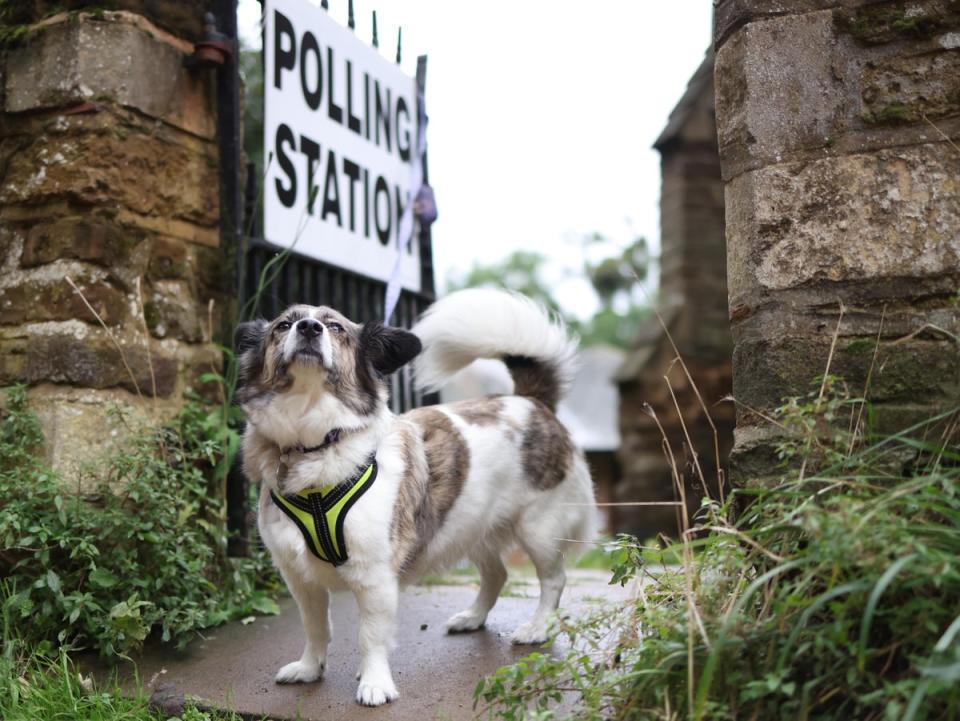
How to vote on polling day
The local council will issue the list of polling stations, which can be located at anything from village halls to gyms to even pubs. A popular way to document the occasion is for people to take a picture of their dog outside.
You do not need a polling card to vote, just a form of ID, which can include passports and driving licences.
Look back at recent local elections
The last time most of the council seats ups due to be voted on in May were up for grabs was three years ago, in May 2021. The Conservative Party picked up 36 per cent of the vote and gained control of 13 councils with 235 new seats.
Labour, had 29 per cent of the vote, lost control of eight councils, while the Lib Dems gained one council. The Greens, although not taking control of a council, doubled its number of councillors with 88 newly elected.
A year later, however, the tide appeared to turn with the Tory party, then still under the leadership of Boris Johnson, falling to 30 per cent of the vote, behind Labour with 35 per cent.
And last year, the share of Conservative voters dropped further, to 26 per cent, with Labour, Lib Dems and the Green Party gaining control of councils, the latter taking its first-ever council majority with Mid Suffolk District Council.
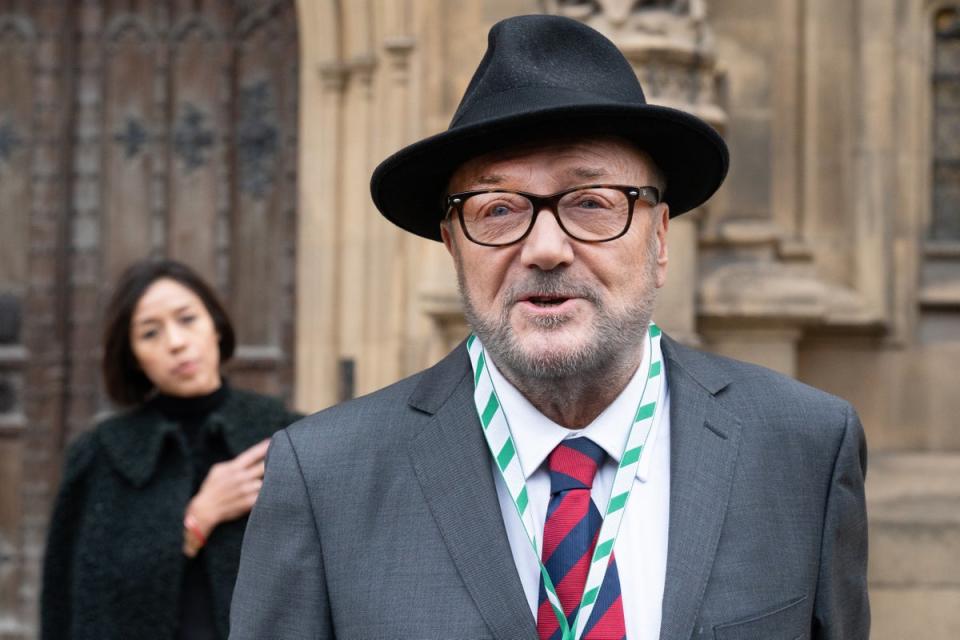
What to look out for
Bristol - Following the Green Party’s success at the local elections last year, members are now turning their attention to Bristol where it is the largest group on the city council. Their cause will be helped by co-leader and city councillor Carla Denyer, who will later this year challenge Labour’s shadow culture secretary Thangam Debbonaire in the newly created seat of Bristol Central in the general election. The result of the local election could indicate which way the city will go.
Dudley - Part of the red wall claimed by the Conservatives, support for the Labour Party at a national level in Dudley has dipped since the Brexit referendum with the area heavily voting leave. However, at the local elections last year Labour narrowly won more votes and seats than the Conservatives, although the Tories remained well in control with 44 of the 72 seats. Will Labour make further gains to bring a change in majority? And could it raise concerns for Dudley’s Tory MPs; Marco Longhi and Mike Wood?
Rochdale - It remains to be seen what impact, if any, the by-election victory for George Galloway will have on the local elections in Rochdale. Mr Galloway’s claims the town was in decline have been rebuked by council leader Neil Emmott. In his victory speech, Mr Galloway also pledged to form an alliance of independents and others to remove mainstream parties from the council at the local elections.


